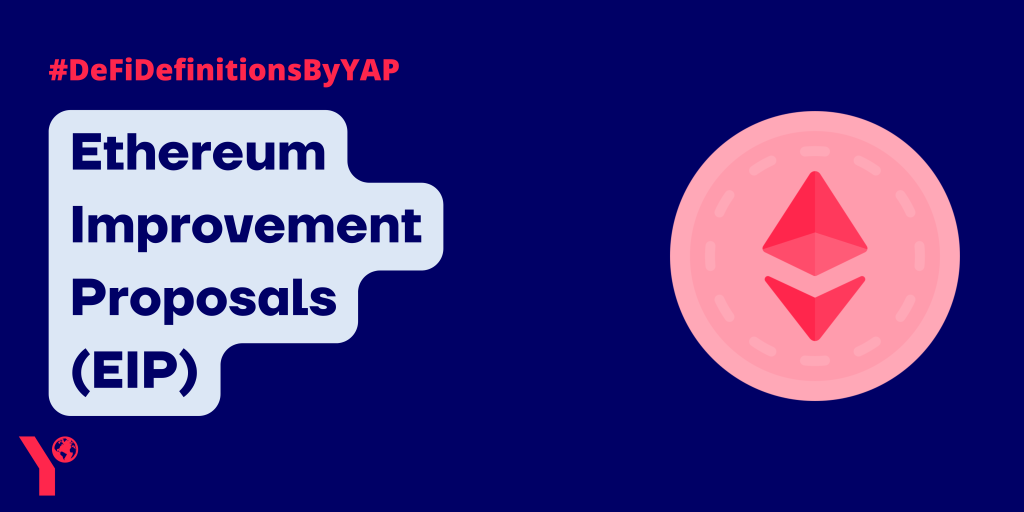Ethereum Improvement Proposals (EIPs) are standards that specify potential new features or processes for the Ethereum network. They contain technical specifications for proposed changes and serve as the ‘source of truth’ for the Ethereum community.
EIPs are not only essential for documenting the changes made to Ethereum but also for proposing, debating, and adopting new changes. EIPs are categorised into different types, including core EIPs for low-level protocol changes, and Ethereum Requests for Comments (ERCs) for application standards. Core EIPs affect the consensus and necessitate a network upgrade (such as EIP-1559), while ERCs, like EIP-20 (for fungible tokens) and EIP-721 (for non-fungible tokens), describe application-level standards. Every network upgrade on Ethereum consists of a set of EIPs that must be implemented by all Ethereum clients on the network to maintain consensus. This makes EIPs a central unit of governance in Ethereum, inviting anyone to propose changes, which are then debated by various community stakeholders to determine their adoption.
The EIP process was initiated in October 2015, inspired by the Bitcoin Improvement Proposals (BIPs) and Python Enhancement Proposals (PEPs) processes. The EIP GitHub repository holds all the proposals, which are reviewed for technical soundness, formatting issues, and grammar by EIP editors. These editors also assist EIP authors in advancing their proposals. Anyone within the Ethereum community is allowed to create an EIP, following the guidelines set out in EIP-1. Before submitting a proposal, it’s recommended to solicit feedback on Ethereum Magicians, a platform where new ideas are discussed with the community.
